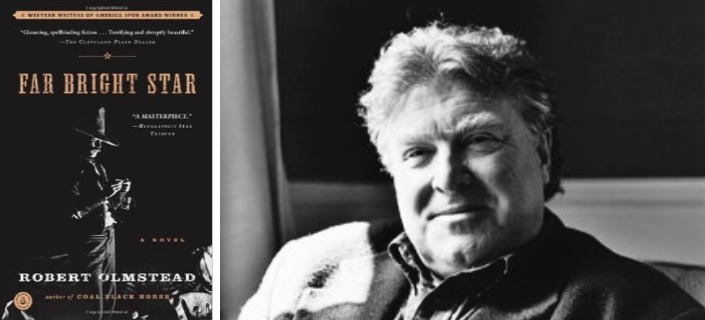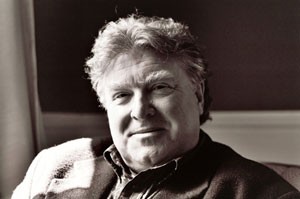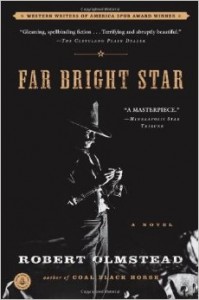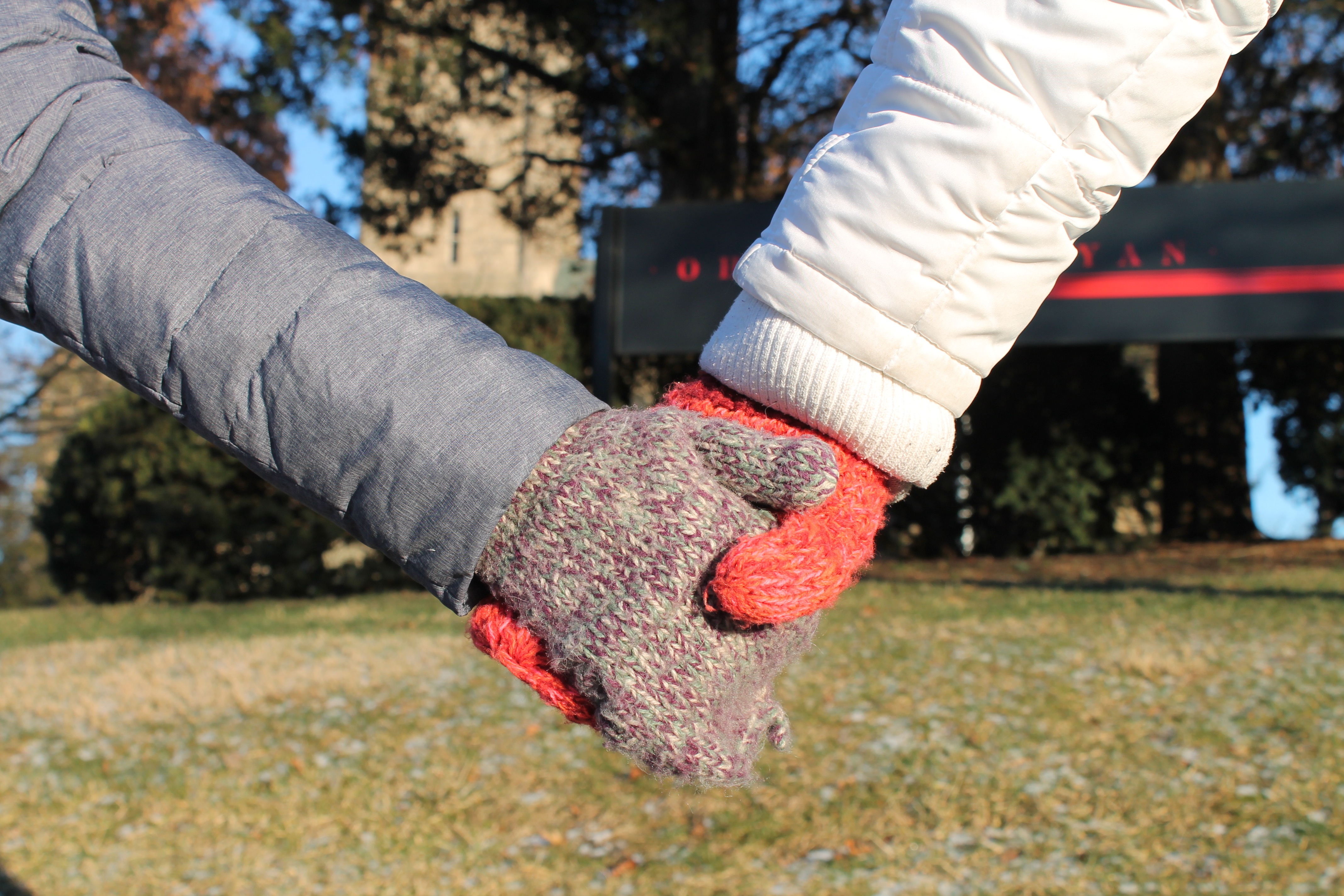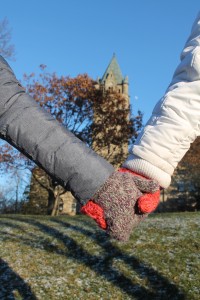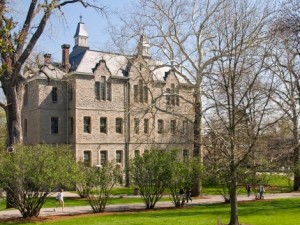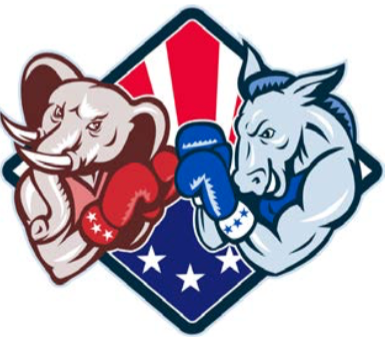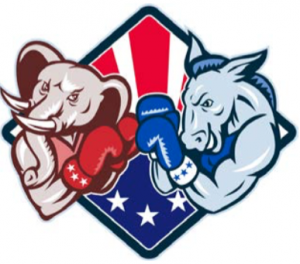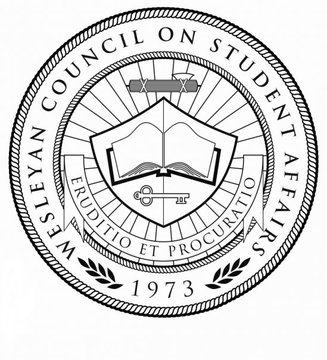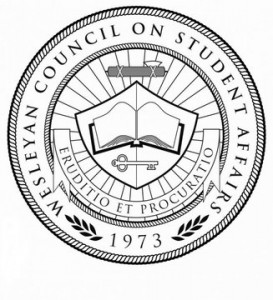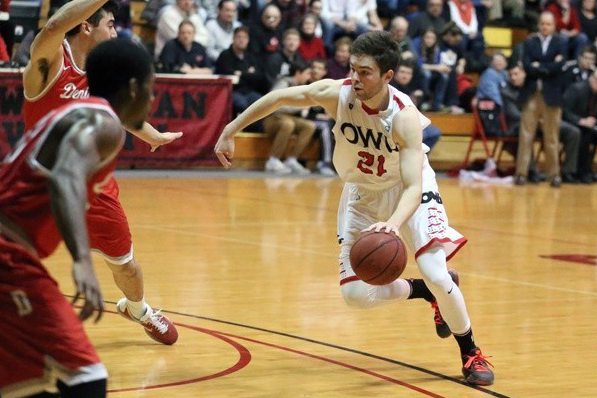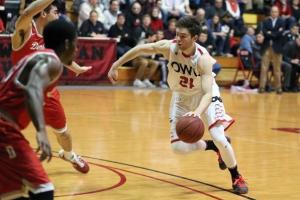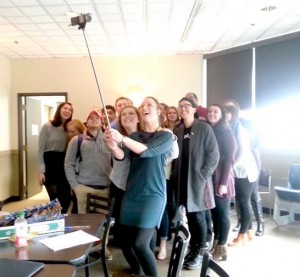
Areena Arora, Managing Editor
In just one hour on Feb. 1, members of WCSA went from debating about the internal workings of the institution to concluding the meeting with a group selfie.
The discussion from last week continued, as Wesleyan Council on Student Affairs (WCSA) voted again to appoint members to five new members positions, two senators and three ex officio non-voting members.
At the Jan. 25 meeting, a resolution to appoint new members was proposed through the Administrative Policy Committee (APC), and was opposed by Sen. Phub Dorji who questioned the role of the executive body. At issue was how special elections are conducted and who gets voting rights.
At the Feb. 1 meeting, WCSA President Jess Choate started off by addressing concerns raised last week.
Choate said, “Obviously there was some confusion last week. What has happened in the past in special elections is that exec (executive body) receives and reviews applications and then makes recommendations to full senate to vote on.”
However, since there was a confusion, in pursuant of Standing Order 126 (a) of WCSA’s governing documents, a new vote will be carried out, said Choate.
In his report, junior Andrew Stock, chair of APC said, “We are going to go over appointed senator positions and re vote because we did not follow the right procedure in the way we addressed these positions (calling them members at large). By standing orders members at large do have voting powers, but we are (now) appointing three members ex-officio with no voting powers.”
Sen. Chris Dobeck asked, “How are we able to go back on this after having voted?”
Choate said, “We will suspend rules momentarily, so we are able to make the change, to make sure we are all on the same page and we all agree on the decision being made and can move forward.”
Stock added, section 126 (a) of the standing orders allows WCSA to vote again in such situations.
The class of 2017 representative, Jo Meyer asked if the senators will be able to see applications of the candidates being voted on.
Choate said, “The applications we (executive body) have brought forward are very representative. We had six applications, and multiple people expressed concerns about one applicant, so we are bringing forward the other five.”
Dorji who had raised concerns about the application reviewing process initially suggested that to avoid misunderstandings in future, instead of exec having right to review applications, APC should have the right to do so.
Throwing an open invitation to attendees at the meeting, Stock said, “APC will certainly look into it. If something in standing order looks funny to you, attend our meeting on Tuesday (Feb. 2) and we will put suggestions into our docket.”
Stock added, “This is the way things have been done, APC is working to clarify it (the governing documents) more and make it more transparent.”
Choate said, “While I agree we (executive body) make recommendations, we have no real executive power. It is (special elections) done this way because we have representatives from each class year and all voices have a say. While I say that, we still want to make sure your (Dorji’s) concerns are addressed.”
In discussing old business, the senate moved to suspend rules to discuss the issue further and give chance to speakers to present their points.
At this point Dorji said, “I recommend heavy amendments in the constitution and forming an independent temporary committee to look into it or APC to look into this. At the end of this, I still do not agree how applications were reviewed, however in the spirit of pragmatism, I will be voting.”
Choate said Dorji’s comments will be taken into consideration and opened the floor to invite more speakers.
Before voting, Sen. Shareeque Sadiq motioned to have all candidates speak to the senate on their behalf, which was accepted.
Freshman Katie Kuckelheim in her speech said, “WCSA has the power to change things at OWU.
Concerns were raised about one candidate who was not present at the meeting, but Choate suggested that senators rank on the ballot according to whatever they believe is necessary and if need be, the full senate will discuss the outcome once results are out.
With only six minutes left before the meeting’s end, Choate said that results will be tallied and announced at the next meeting on Feb. 8.
After the meeting on Jan. 25, WCSA Vice President Sam Schurer said, “Those are the kinds of conversations that Jess (Choate) and I have been trying to get started since we decided to run. It is awesome to see someone with so much passion for WCSA and we think it is a really good sign.”
WCSA also voted to appoint junior Daud Baz as the new treasurer and approved two budgets.
An ongoing lighting project sponsored by WCSA was completed and announced at the meeting. Lights were added around The Hill on Williams Drive, 4 Williams and Haycock Hall.

